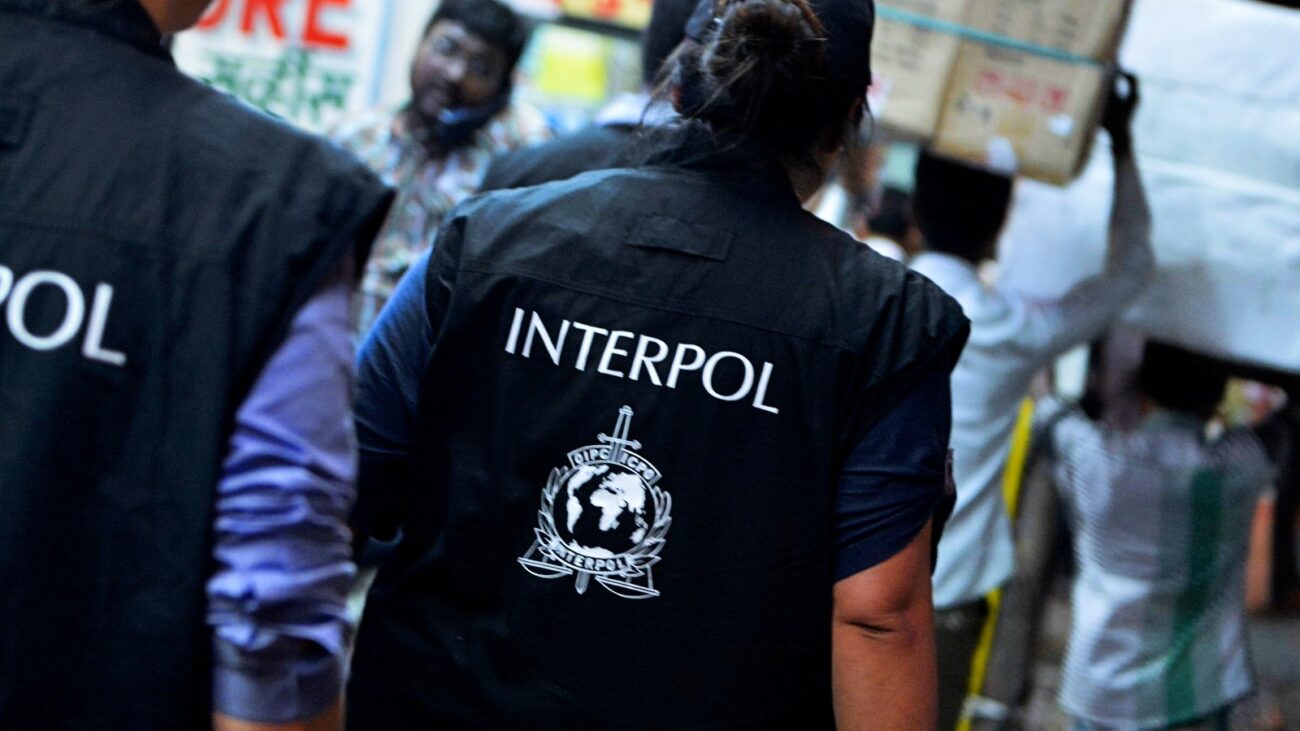Key Points
- Interpol is not a police force but an organization that helps national police forces cooperate internationally.
- It facilitates sharing information and coordinating efforts to combat global crime, with 196 member countries.
- Interpol does not have its own officers making arrests; it supports national police through tools like notices and databases.
Overview
Interpol, officially the International Criminal Police Organization, is an international body that enhances global police cooperation. It does not have its own police force but works through the national police of its member countries to tackle international crime.
Role and Structure
Founded in 1923 and headquartered in Lyon, France, Interpol helps police forces share data and access resources to fight crime across borders. Each member country has a National Central Bureau (NCB) that links to Interpol’s network, ensuring coordination without infringing on national sovereignty.
Operations
Interpol issues notices, such as Red Notices for wanted persons (Interpol Notices) and Yellow Notices for missing persons (Interpol Notices), to assist in police work. It also provides training, investigative support, and border management tools, focusing on areas like cybercrime, terrorism, and financial crime.
Survey Note: Detailed Analysis of Interpol and Its Police Role
Interpol, formally known as the International Criminal Police Organization, is a pivotal intergovernmental entity established to foster international police cooperation. This section provides a comprehensive examination of its nature, operations, and role in police work, drawing from authoritative sources to ensure accuracy and depth.
Definition and Historical Context
Interpol was founded in 1923, initially to combat currency counterfeiting, and has since grown to include 196 member countries. Its headquarters, located in Lyon, France since 1989, serves as the central hub for its operations, with additional facilities like the Global Complex for Innovation in Singapore. The organization traces its roots to a 1914 congress in Monaco and was formalized as the International Criminal Police Commission (ICPC) in Vienna, later renamed Interpol in 1956. By the early 21st century, membership had expanded significantly, reflecting its global reach (Interpol – Wikipedia).
Organizational Structure and Funding
Interpol operates through a General Secretariat, managed by a Secretary General appointed for a five-year term, overseen by a General Assembly (one delegate per member country) and an Executive Committee of 13 members representing different world regions. Each member country hosts a National Central Bureau (NCB), run by national police officials and typically situated within the government ministry responsible for policing, serving as the primary contact point for Interpol’s global network (What is INTERPOL?). Funding primarily comes from partnerships with government agencies, with each member country contributing a statutory amount, contrary to any notion of private sector funding (INTERPOL | The International Criminal Police Organization).
Role in Police Work
Interpol’s mission is to facilitate the exchange of police information and promote cooperation and assistance between law enforcement authorities, enabling them to work together to make the world safer. It does not have its own law enforcement agents, respecting the national sovereignty of member countries by not making arrests itself. Instead, it provides a range of policing expertise and capabilities, supporting three main crime programs: counter-terrorism, cybercrime, and organized and emerging crime (International Criminal Police Organization (INTERPOL)).
Key activities include:
- Producing intelligence reports to help national agencies prepare for security challenges and set investigative priorities.
- Assisting in arresting fugitives who cross international boundaries through investigative support, training, and border management tools.
- Issuing color-coded notices, such as Red Notices for wanted persons (Interpol Notices) and Yellow Notices for missing persons (Interpol Notices), with the Silver Notice piloted in 2024 to trace stolen assets, joining six other notice types (INTERPOL | The International Criminal Police Organization).
Interpol’s telecommunications, including millions of messages annually in English, French, Spanish, and Arabic, and databases like I-24/7 since 2003 for fingerprints, DNA, and watch lists, enhance communication and data sharing (Interpol | International Law Enforcement Agency | Britannica). It focuses on three broad crime categories: terrorism and crimes against people/property (e.g., human trafficking, art theft), economic/financial/computer crimes (e.g., money laundering, counterfeiting), and illegal drugs/criminal organizations (e.g., organized crime) (Byjus).
Staffing and Operations
The General Secretariat employs over 1,000 staff from 138 nationalities, with approximately one-quarter being police officers seconded by their national administrations and three-quarters international civil servants hired directly by Interpol. Staff are based in Lyon, Singapore, or satellite offices, working in both policing and support services to fight international crime (Careers). This structure ensures a diverse and respectful working environment, aligning with values of respect, integrity, excellence, teamwork, and innovation.
U.S. Context and Public Interaction
In the United States, Interpol Washington, co-managed by the U.S. Department of Justice and U.S. Department of Homeland Security, serves as the NCB, linking U.S. law enforcement with Interpol’s global network and detailing officials to Lyon (INTERPOL Washington | Frequently Asked Questions). Private citizens are advised to report crimes or provide information via local police, which may contact Interpol Washington if international assistance is required, emphasizing that Interpol does not contact citizens for personal/financial information (INTERPOL Washington | Frequently Asked Questions).
Conclusion
Interpol is not a police force but an essential facilitator of international police cooperation, supporting national law enforcement through information sharing, training, and operational tools. Its structure and operations ensure it remains a neutral, effective platform for global security, respecting national sovereignty while addressing the increasingly international nature of crime.
Key Citations
- Interpol – Wikipedia
- What is INTERPOL?
- INTERPOL | The International Criminal Police Organization
- INTERPOL Washington | Frequently Asked Questions
- Careers at Interpol
- International Criminal Police Organization (INTERPOL)
- Byjus Interpol Information
- Interpol | International Law Enforcement Agency | Britannica
- Interpol Red Notices
- Interpol Yellow Notices

